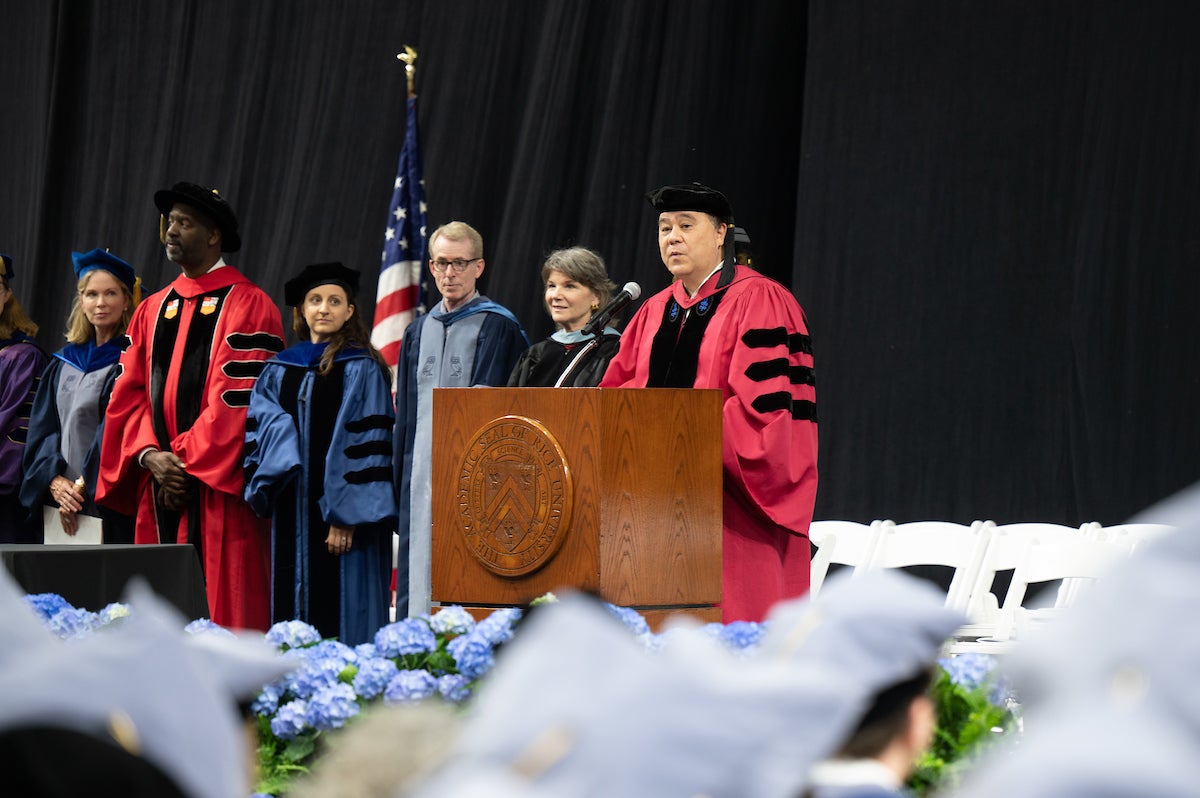Selecting the right advisor is crucial in one's academic and professional journey. An advisor can significantly impact your research trajectory, learning experience, and overall success. To make an informed choice, it's essential to ask pertinent questions when considering a prospective advisor. Therefore, this blog delves into the key questions you should ask the prospective advisor as well as the members of the research group. I must clarify the questions are not in any specific order, and the relevance of each question will vary depending on everyone’s situation.
What is the research focus of the group?
Understanding an advisor's research focus is fundamental. The research done in the lab can be focused on a direct application (e.g., new drugs, more efficient batteries, etc.) or trying to answer fundamental questions in the field. This leads into theory development, which may lead to an application in the future. Also, asking about their current projects and the areas they specialize in is important so you can ponder how your interests align with their expertise. Enquire about their recent publications or collaborations, as this can give you insights into their dedication to staying current in their field.
What’s the availability of the PI? And how easy is it to communicate with them?
Effective communication with your advisor is essential for a productive working relationship. Ask about their preferred communication modes, whether in-person meetings, emails, or virtual calls. Additionally, inquire about their availability and expected response time, ensuring that their availability aligns with your needs and work style.
What are the expectations and the workload for graduate students in this group?
It is essential to notice that each advisor's expectations can differ; therefore, clearly understanding their expectations and anticipated workload is vital for managing your academic commitments. Also, ask about the frequency of meetings, progress updates, and the level of involvement they expect in your research. This will help you gauge the advisor's approach, expectations, and involvement to determine if it fits your preferred working style.
What is the average time students take to graduate in this group?
Enquiring about the average time it takes for students under the advisor's supervision to complete their degrees will give you a sense of their track record in supporting students toward graduation. Additionally, ask about their support regarding funding opportunities, resource access, and assistance publishing your research. Also, there are some cases where certain achievements, such as having a certain number of publications, are required for the advisor to approve or allow the student's graduation.
What is the mentorship style of the advisor?
Understanding the advisor's mentorship style is crucial to ensure a productive and harmonious collaboration. Ask about their approach to guiding students – do they encourage independent thinking and problem-solving, or do they prefer a more hands-on approach? It also relates to the communication question (2): In case of a problem or when you are in doubt, should you talk with them immediately, or are you free to try different solutions and solve the problem yourself? This question will help you decide how well their mentoring style aligns with your learning and work preferences.
What have been the experiences of previous students?
Speak to current group members about former students who have worked with the prospective advisor. Ask about their experiences, both positive and challenging, to gain a more comprehensive understanding of what it's like to work with this advisor. This feedback can offer valuable insights that may not be readily apparent during initial interactions.
What is the funding situation of the research group?
The lab's funding situation can directly impact your research situation and the number of available spots in the group. You must inquire about funding availability for your research and different possibilities, such as conference attendance and other academic endeavors. Understanding the group’s financial situation and the advisor’s commitment to supporting your financial needs can give you a clear idea of your future in the group and what could be expected from you and the group’s possibilities.
What long-term career guidance does the advisor offer?
An advisor should guide you through your immediate research and offer guidance on your long-term career goals. It’s relevant to inquire about their approach to mentoring students beyond graduation and how they help students navigate post-graduate career paths.
What are the group policies regarding vacations and holidays?
Taking time off and resting is critical to maintaining focus and mental health through grad school. However, each group handles vacation periods differently. Some groups tend to be more flexible, allowing you to take breaks and vacations when required, and other groups follow strict calendars, and you must request vacations with a specified amount of notice. Therefore, knowing this information before joining a group is essential to see if it aligns with your needs and work style.
What are some of the lab traditions?
This is arguably the least important of the questions. Nevertheless, all groups have different traditions and shared activities, and you will be expected to participate. Also, it increases your interest in joining a lab if you enjoy partaking in the group traditions.
I hope this insight into what I believe to be the key questions you should ask the prospective advisor and the research group members can help you make a more informed decision when joining a research group.
About the author:
Manuel Carmona Pichardo is a current Ph.D. student in Chemistry. He earned his bachelor's in Chemistry from the Universidad Autonoma del Estado de Hidalgo (UAEH) in Pachuca, Hidalgo in Mexico. Read more.
Further Reading:
Embracing Growth: My journey in the 2023-2024 Women in Leadership cohort
For Humanities Applicants: How to Contact Potential Advisors
Seizing the Opportunities for Graduate Students at Rice University

